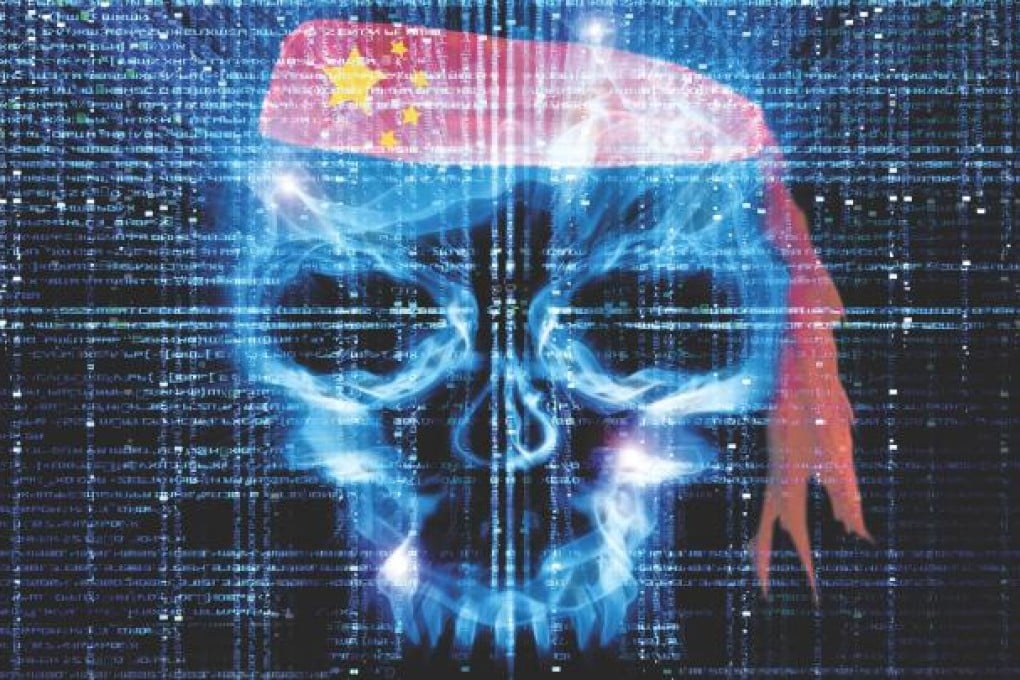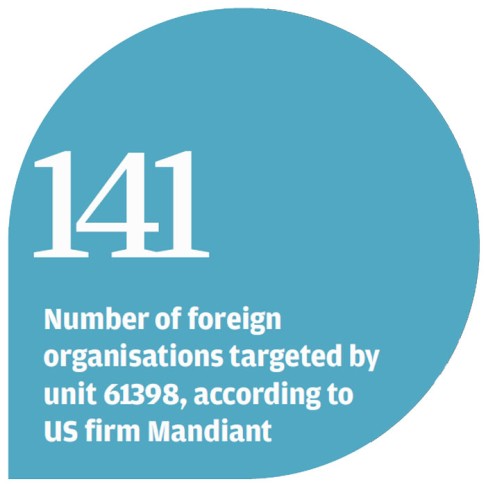Spotlight on China's hackers after accusations against PLA unit 61398
As the threat posed by cyberattacks across the globe spreads, the spotlight has been turned on China's army of hackers

Since Mandiant, a US information technology security firm, sparked controversy by blaming a special unit of the People's Liberation Army for launching a series of cyberattacks on US companies, the shadowy world of hackers in China has been in the spotlight. Their activities have become a focal point of Sino-US relations.

As in the West, hackers are mostly young men fascinated by information technology. But hackers in China are somewhat different to those in other countries.
Hong Kong writer and political commentator Joe Chung's controversial views have made him a target for mainland hackers. "In China hackers are left alone by the central government as long as they direct their attacks against foreign targets," he said. "In that case, they are allowed much greater freedom than would be the case in Western countries, where hacking is illegal, and the law is more strictly enforced."
China has quite a number of "patriotic hackers", who believe they can use their skills in support of their beliefs. When there is tension between China and the US, they lend their support to the nation by attacking targets in the US. In May 2001, when a US spy plane and a Chinese jet collided, killing the Chinese pilot, hackers responded by invading the White House website with a denial-of-service attack that swamped it with hits from a legion of zombie browsers on hijacked computers.
Japanese sites and the sites of Taiwan independence groups have also been hacked and defaced. The 2008 Olympics brought another wave of attacks. When CNN's Jack Cafferty called China's leaders thugs and goons Chinese hackers attacked CNN.
Patriotic hackers belong to loose alliances such as the or Red Hacker group. They see themselves as champions of political values and use their skills to attack their political enemies. One young hacker told me of his excitement at being able to lurk in the virtual space of the White House for a few seconds at a time before security surveillance software blocked him out. When asked why he did this, he said: "The US is our enemy."
